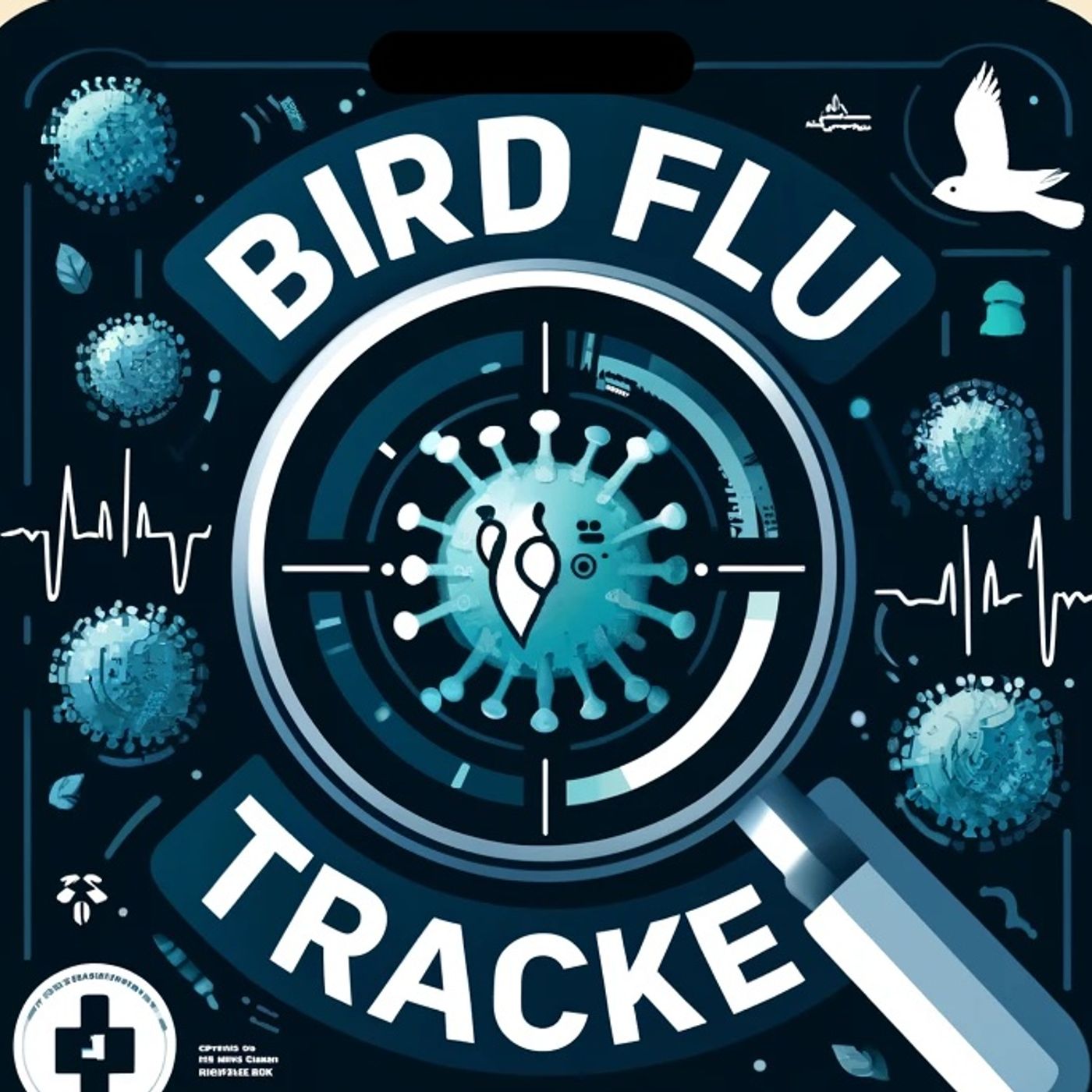Episode Details
Back to Episodes
Thanksgiving Turkey Shortage Looms: Bird Flu Outbreak Surges Across US
Published 3 months, 3 weeks ago
Description
Bird flu outbreaks have surged again across the United States this fall, putting pressure on poultry supplies and raising fresh concerns ahead of the Thanksgiving holiday. According to the U.S. Department of Agriculture, since September, almost 7 million farmed birds have been affected, including about 1.3 million turkeys, threatening turkey availability nationwide. Hundreds of thousands of additional birds were impacted in outbreaks reported in Indiana, Pennsylvania, Minnesota, Idaho, and Iowa in recent days, alongside new cases in wild flocks from California to Georgia.
The USDA’s Animal and Plant Health Inspection Service confirms that both commercial and backyard flocks are suffering, with 66 flocks affected just in the most recent wave. Since the initial outbreak began in 2022, nearly 183 million birds across the country have succumbed to the virus or been culled to prevent further spread. The pattern of outbreaks aligns closely with wild bird migration seasons, which experts at St. Jude Children’s Research Hospital say have become the “new norm” for seasonal flare-ups.
Compounding the situation, recent bird flu detections have hit dairy cows in Idaho, Nebraska, and Texas, echoing the earlier spread to over 1,000 herds since last year. The Centers for Disease Control and Prevention (CDC) reports around 70 human cases in the U.S., primarily among workers in poultry and dairy operations. Although most cases have been mild, at least one U.S. fatality was recorded earlier this year in Louisiana—a man over 65 with underlying health problems, exposed to infected birds. The CDC stresses that person-to-person spread has not yet been documented in these American cases, though researchers caution that person-to-person transmission could eventually emerge in some settings, especially where workers have close contact with infected animals.
Globally, reports from the World Health Organization indicate that new human cases remain rare, with just over a dozen detected worldwide in the past six months—mostly in Cambodia—while European and Asian nations have enacted mass culls to contain outbreaks in farms and wildlife. The impact on agriculture, trade, and public health continues to mount, particularly as virus mutations enable crossover into additional species.
This week, the situation in the U.S. is further complicated by a partial government shutdown, which has left critical federal agencies working at limited capacity, reducing coordination and up-to-date guidance for local responders.
Thanks for tuning in to this update. Come back next week for more news. This has been a Quiet Please production. For more, check out Quiet Please Dot A I.
For more http://www.quietplease.ai
Get the best deals https://amzn.to/3ODvOta
This content was created in partnership and with the help of Artificial Intelligence AI
The USDA’s Animal and Plant Health Inspection Service confirms that both commercial and backyard flocks are suffering, with 66 flocks affected just in the most recent wave. Since the initial outbreak began in 2022, nearly 183 million birds across the country have succumbed to the virus or been culled to prevent further spread. The pattern of outbreaks aligns closely with wild bird migration seasons, which experts at St. Jude Children’s Research Hospital say have become the “new norm” for seasonal flare-ups.
Compounding the situation, recent bird flu detections have hit dairy cows in Idaho, Nebraska, and Texas, echoing the earlier spread to over 1,000 herds since last year. The Centers for Disease Control and Prevention (CDC) reports around 70 human cases in the U.S., primarily among workers in poultry and dairy operations. Although most cases have been mild, at least one U.S. fatality was recorded earlier this year in Louisiana—a man over 65 with underlying health problems, exposed to infected birds. The CDC stresses that person-to-person spread has not yet been documented in these American cases, though researchers caution that person-to-person transmission could eventually emerge in some settings, especially where workers have close contact with infected animals.
Globally, reports from the World Health Organization indicate that new human cases remain rare, with just over a dozen detected worldwide in the past six months—mostly in Cambodia—while European and Asian nations have enacted mass culls to contain outbreaks in farms and wildlife. The impact on agriculture, trade, and public health continues to mount, particularly as virus mutations enable crossover into additional species.
This week, the situation in the U.S. is further complicated by a partial government shutdown, which has left critical federal agencies working at limited capacity, reducing coordination and up-to-date guidance for local responders.
Thanks for tuning in to this update. Come back next week for more news. This has been a Quiet Please production. For more, check out Quiet Please Dot A I.
For more http://www.quietplease.ai
Get the best deals https://amzn.to/3ODvOta
This content was created in partnership and with the help of Artificial Intelligence AI